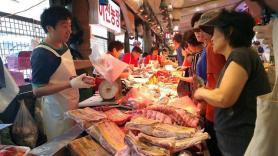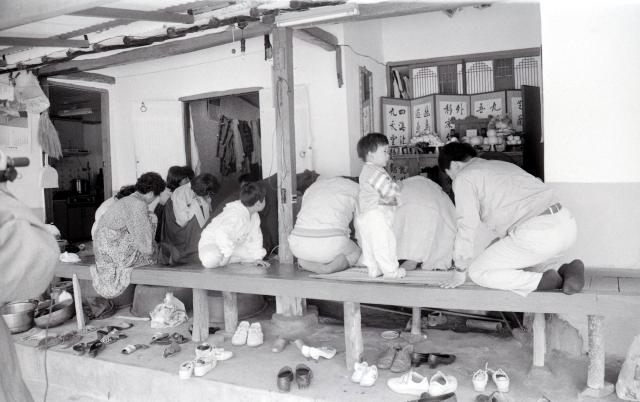
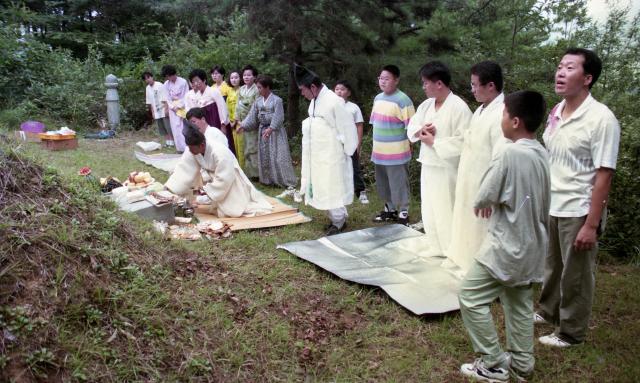
SEOUL, October 02 (AJP) - Highways once jammed with cars crawling toward ancestral hometowns, kitchens filled with the labor of preparing feast tables, and families dressed in hanbok to perform rites of thanksgiving for the harvest—these were the defining images of Chuseok in South Korea.
Today, in a depopulating society, the holiday looks very different. Many households skip or shorten the traditional observances, instead choosing leisure and travel.
Incheon International Airport expects 2.45 million passengers during this year’s seven-day Chuseok holiday, averaging 223,000 travelers a day. That figure not only surpasses pandemic lows but also exceeds pre-2020 levels, when daily traffic averaged around 180,000 to 200,000 passengers.
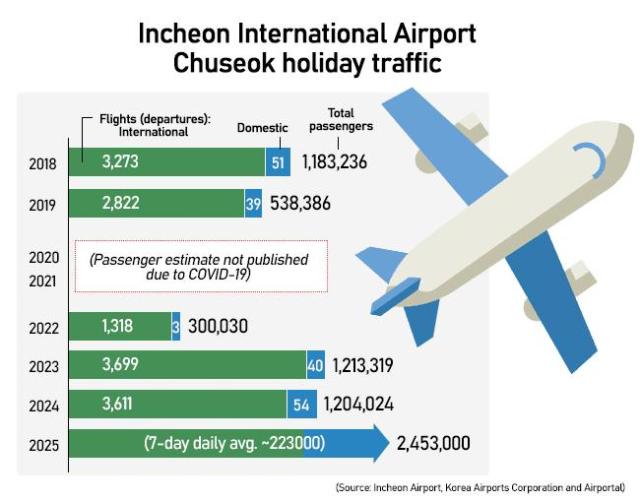
A survey by Lotte Members’ Lime service found that 47 percent of respondents plan to travel during Chuseok, with 30.5 percent choosing domestic trips and 16.9 percent going abroad. Hotels.com data shows most will travel with family or groups (60 percent), while 35 percent travel as couples and 5 percent solo. Among overseas travelers, Japan remains the top destination at 43.1 percent, followed by Vietnam (13.2 percent) and China (9.6 percent).
“Traditional Chuseok and today’s Chuseok are completely different,” said Kim Eun-sook, 55, a Seoul housewife. “In the past, I visited my husband’s family and worked my bones to prepare songpyeon and jeon. These days, we plan a trip a year in advance.”
The shift reflects broader changes in household burdens and gender roles. Preparing food for charye—ancestral memorial rites—has historically fallen on women. Families also traveled for seongmyo, visiting ancestral graves. “It’s more comfortable now, with less burden. People may age, families may change, but fewer than 10 percent still perform charye,” Kim noted.

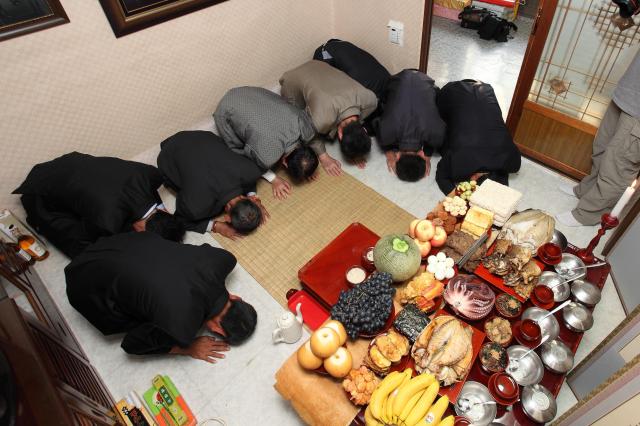
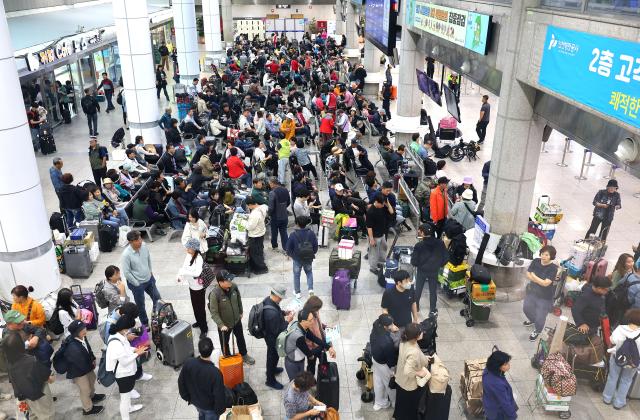
Scholars point to westernization and shifting values. “Past traditions have weakened and disappeared, while the meaning of holiday as leisure has become more prominent,” said Lee Byung-hoon, professor emeritus of sociology at Chung-Ang University.
For younger generations, Chuseok is more about rest than ritual. “Everyone around me travels during Chuseok. It’s the longest holiday of the year, so people want to rest,” said Kim Jung-yeon, 31, from Gyeonggi Province.
Tourism data reflects the cultural pivot. During the 2024 Chuseok holiday, domestic visitors to Jeju Island totaled 235,089, down from 247,519 the year before, while international arrivals climbed sharply to 31,258 from 20,891.
Professor Lee predicts the trend will deepen. “Unless families reunite as nuclear or extended families like in the past, traditional holidays will likely evolve into more individualistic or free holidays. In five to ten years, this shift will intensify depending on how family relationships change.”
The numbers stand in sharp contrast to the pandemic years. In 2020, Incheon Airport handled just 964 international flights during Chuseok, and 995 in 2021. By 2023, flights had rebounded to 3,699, surpassing 2018’s 3,273. This year’s surge signals that travel demand has fully recovered—and that cultural practices around the centuries-old harvest festival are moving steadily toward leisure and away from obligation.
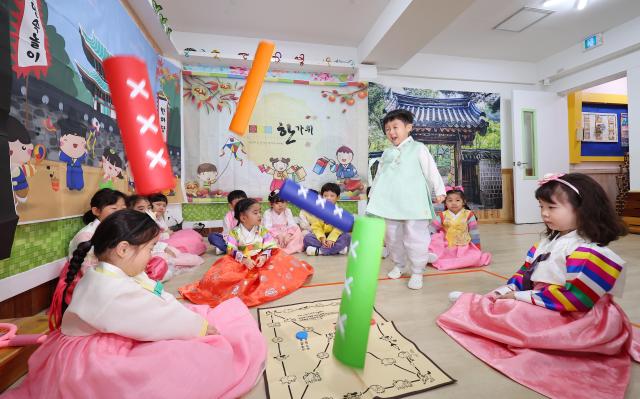

Copyright ⓒ Aju Press All rights reserved.



